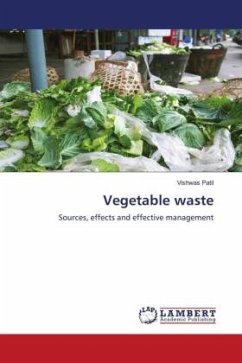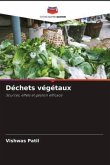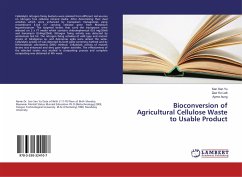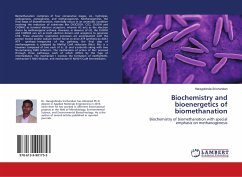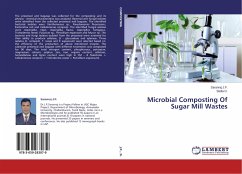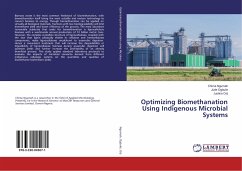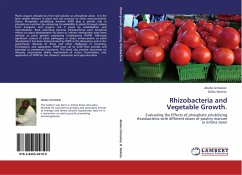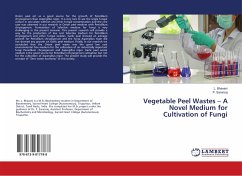Vegetable waste, produced in large quantities serve as a source of nuisance in markets and also in municipal landfills because of their highly biodegradable nature and high moisture content. The collection and disposal of vegetable waste is a very serious problem. Unscientific disposal methods cause environmental pollution and also hazards to human health. Non-renewable energy resources have limited energy reserves that will exhaust within 30-200 years. The excess use of these resources for energy use results in environmental pollution. Thus, there is need to identify new renewable resources for future energy supply. The work is undertaken to discuss the sources of generation of vegetable waste, its impact on environment and effective management of these wastes with special reference to biological methods in detail.
Bitte wählen Sie Ihr Anliegen aus.
Rechnungen
Retourenschein anfordern
Bestellstatus
Storno

